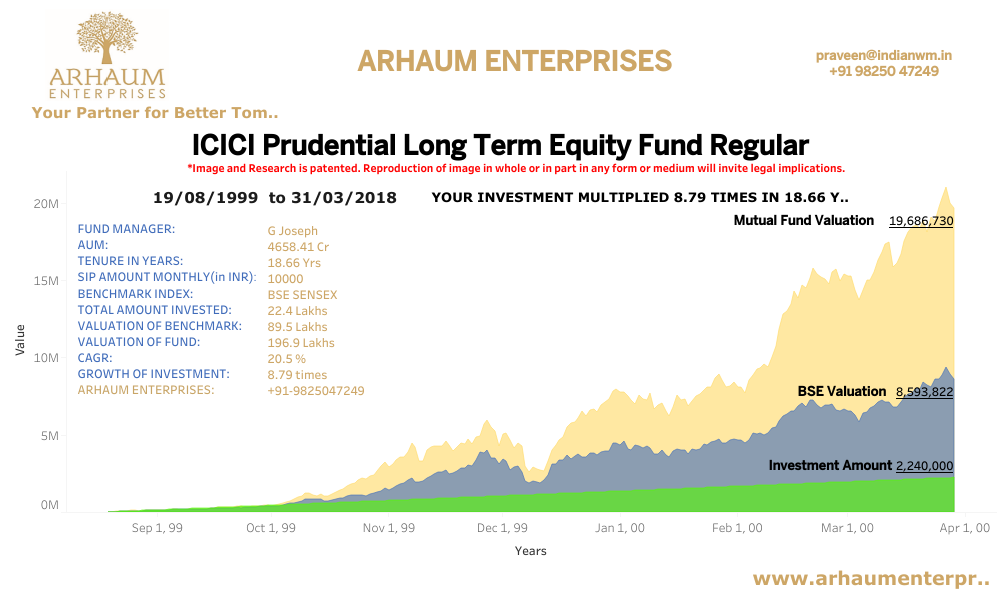You will be tempted to eat all the laddoos if they are lying in your plate in front of you. Likewise the extra money or year end bonus in our pocket will prick you until you spend it. Right isn’t it?
The financial year has come to an end and we have got our annual bonuses. The same question of ‘what to do with the bonus’ arises every year. Should I buy a car? Should I go for a vacation? Should I pay off my huge credit card debt? Should I repay my home loan? Should I buy that new mobile? And the list goes on…
Bonus, like laddoos, tempts us to do something about it which might not be the right thing to do, especially if you are diabetic or in financial sense, not doing well enough. Take a pause; remember that you have earned that bonus through hard work not luck and hence it shouldn’t be ruined for fun and luxury. Proper planning is strongly recommended for your bonus and one should be careful to not get carried away by emotions. Else, pretty soon we may realize that the bonus is gone and then regret.
What Not To Do?
Before going on to what we should do with our bonus, let’s discuss the things which we should not do with our bonus…
- Keeping in the Bank Account: Often we find the bonus keeps lying into your bank account for long and you do nothing about them. Slowly, it gets eaten up by card payments and regular expenses… what a waste! We say “don’t keep your bonus in the bank account”. A grace of say 10 days can be given before you can plan and deploy your funds elsewhere.
- Investing before clearing high interest loans: Do not rush into making investments before paying off obligations like credit card debt or a personal loan. They should ideally be repaid before investing the money, since the cost of such debt might be higher than the return on investments. Be careful though in not rushing to repay your home loan as it has some income tax benefits also to be factored before deciding to invest or repay.
- Big Purchases or Vacations: You will not achieve anything by blowing up your bonus in a vacation or a big TV. You’ll cherish such things in the short run. But you have to secure yourself financially for long term pleasure. But at end of the day, it is also a question of personal affordability for such expenses and you need approval for the same, not from you, but preferably from your financial advisor…
What To Do?
Now, we know what we shouldn’t be doing with our bonus. The question of what we should do with the bonus is answered below:
- Liquid Mutual Funds: As an immediate first step, you might want to put your money to good use without any risk and with adequate liquidity … look no further than liquid mutual fund schemes. Instead of keeping your money in bank, you might not want to plan /research before properly investing. Liquid funds can also be of great advantage when you decide on equity mutual fund schemes to invest as you can then request a STP or Systematic Transfer Plan or a switch to any other schemes. An STP from a liquid fund to an equity fund is like an SIP in the equity fund where you lower the risk of lumpsum investing while generating returns on investments lying in liquid funds.
- Invest, Invest and Invest: Ideally, more than 50% of your bonus should be invested. Keep your expense list down. Make a list of the investment avenues, where you will put your money. However, you should prioritize a few expenses like high interest bearing debt or some other important personal or family commitments. Depending on your asset allocation or your financial goals, you must invest some part of your bonus into equity funds.
- Contribute to Retirement & Emergency Funds: You don’t receive large sums of money everyday. Hence, one should be extra careful to allocate some part of your bonus to your yearly retirement fund. Remember that retirement is the biggest financial goal that you have for yourself. Small contributions made early in your life will give compounded returns to fill your retirement fund gap. The retirement savings will also help you as well as save taxes for the year, depending on your product choice. In addition, some money can also be parked as an emergency fund (preferably in liquid /short term debt funds) in case you do not already have one…
- Start tax saving ELSS investments: This is the best time of the year to invest money in ELSS and other tax saving schemes. You have the time to plan, you can foresee your incomes and obligations and you have your bonus. So it’s best to shift your tax burden from end of the year, when you might take wrong decisions because of lack of time or money, to now when you have both.
- Relax: Since It’s your bonus, you have the right to savor and enjoy it just like laddoos. The same should however be at a moderate level which is affordable, justified and which does not compromise your financial situation. At the end of the day, the positives or benefits from using your bonus must out weight the negatives or spendings you do. As a rule, you can keep maximum of 20% of net bonus received or 10% of your net annual income (whichever lower) as your upper limit of spending.


